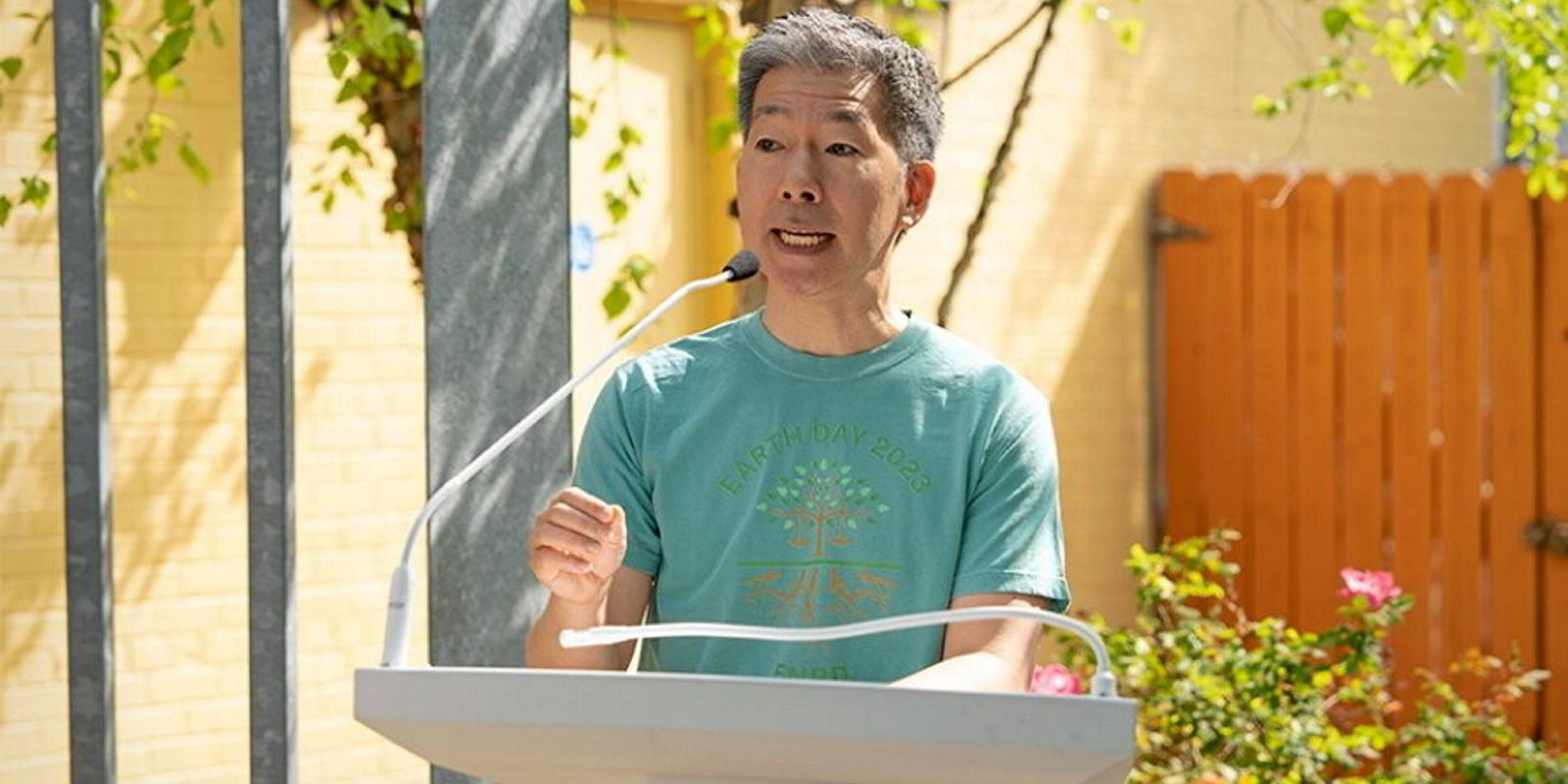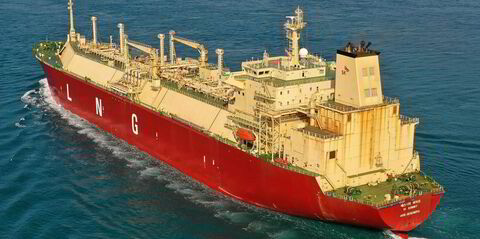A US judge has sentenced Solvang-controlled Clipper Shipping to pay a $1.5m for covering up pollution during an LPG carrier port call off Togo.
District Judge Alfred Bennett, of the US federal court in Houston, also ordered the company to serve 48 months of supervised release, according to the court docket.
The sentencing came after Clipper pleaded guilty to a violation of the Act to Prevent Pollution from Ships for failing to report the discharge of oily bilge water from the 60,000-cbm Clipper Saturn (built 2015) in the ship’s oil record book, according to the US Justice Department.

Prosecutors said the ship was anchored near the Togolese capital of Lome in October 2021 when its chief engineer ordered that its crew transfer oily bilge water into the LPG carrier’s grey water tanks.
The chief engineer then ordered the removal of piping so that the grey water, with the oily bilge, could be dumped directly into the ocean. The pipes and hoses were then reinstalled and repainted, which was later discovered during a US Coast Guard inspection later that month.
Under a plea agreement, Clipper will implement an enhanced environmental compliance plan on nine of its ships.
“We take seriously the crimes of illegally discharging oily bilge water at sea and falsifying records to obstruct the United States’ ability to investigate those discharges,” said assistant attorney general Todd Kim of the Justice Department’s Environment and Natural Resources Division.
“The US Coast Guard must be able to rely on truthful records on board ships and the Department of Justice will continue to ensure polluters are held fully accountable.”
Solvang, a Norwegian gas carrier owner, could not be immediately reached for comment for this story after business hours in Stavanger.
Higher cost
US attorney Alamdar Hamdani, the federal government’s main lawyer in the Southern District of Texas, said that the fine imposed in the case sends the message that it costs more to endanger people and the environment than to save money by bypassing oil filtration systems.
“Not only did this ship pollute waterways, but they tried to cover it up,” he said.
“To put it simply, Clipper Saturn wanted to get rid of dirty oily water from their ship. Instead of filtering out the hazardous elements, as required, they decided to cut costs and just release the whole contaminated mess into the sea. Unfortunately for them, they got caught when they docked in Houston.”
Steven Schammal, assistant US attorney for the Southern District of Texas, and Kenneth Nelson of the Environment and Natural Resources Division’s Environmental Crimes Section are prosecuting the case. A Philip Hilder-led team from Houston law firm Hilder & Associates represented Clipper.
Read more
- Podcast: How IMO’s decision on shipping’s carbon still leaves Paris Agreement goals within reach
- IMO forges ‘wish and a prayer’ carbon deal as greens bemoan checkpoint targets
- Methanol newbuilding binge spills over to big tugboats
- From well to wake: How fuels’ lifecycle emissions are key to IMO greenhouse gas debate
- Levy row takes its toll on IMO decarbonisation talks



